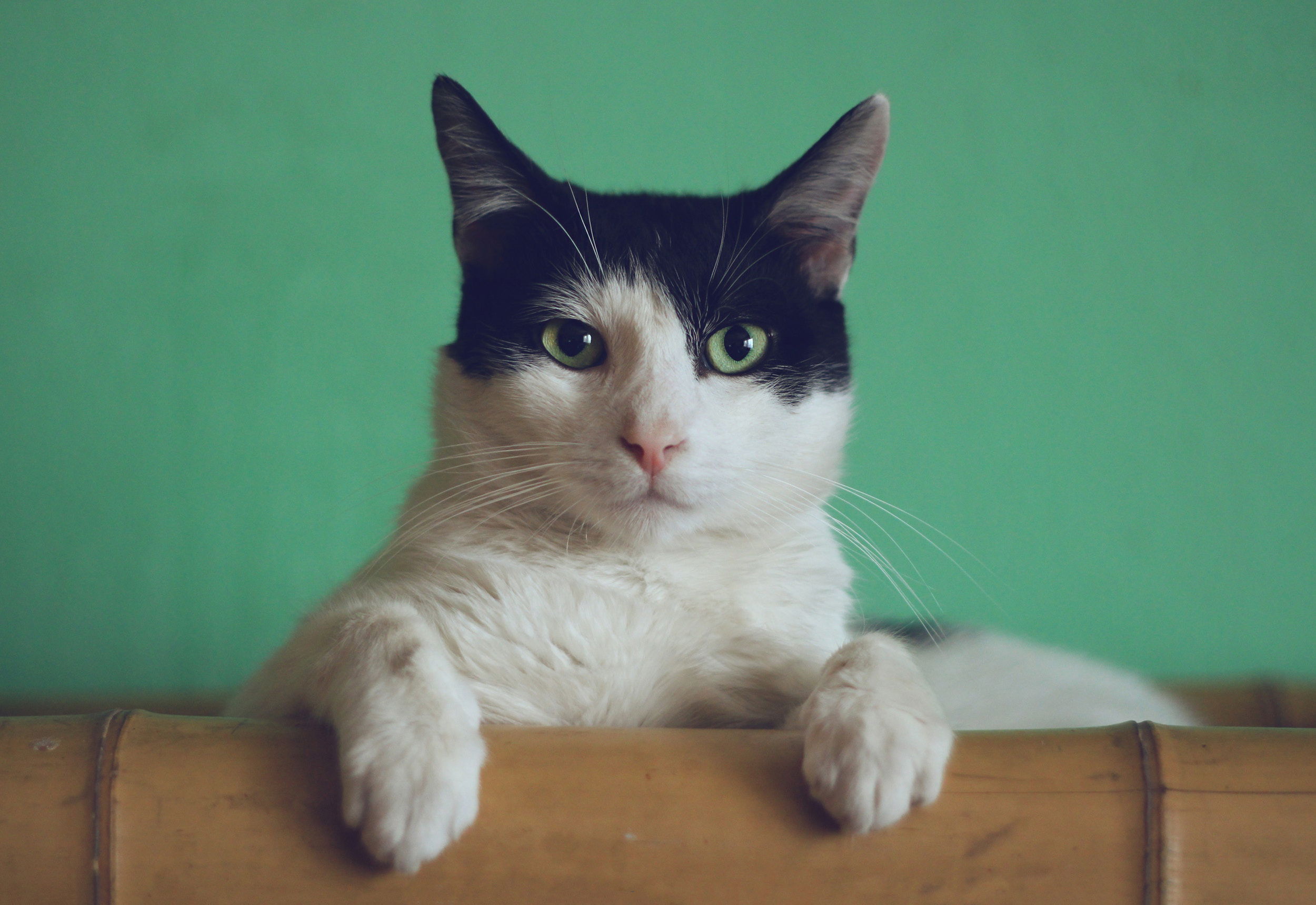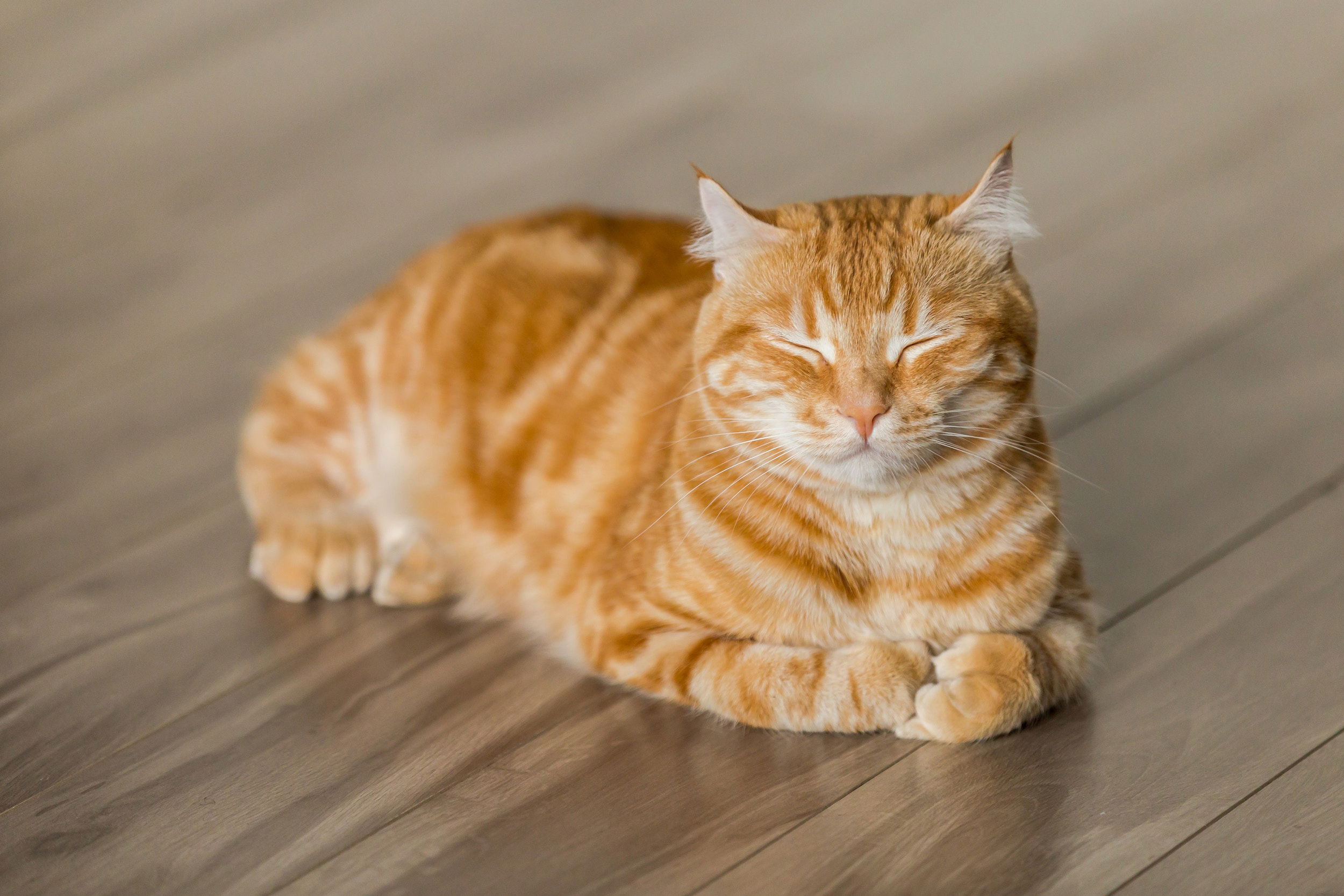Understanding Common Cat Health Issues: Symptoms, Treatment, and Prevention
Cats are cherished members of our families, bringing joy and comfort to our lives. To ensure their well-being, it's crucial for cat owners to be knowledgeable about common health issues that can affect these beloved pets. This comprehensive guide aims to provide cat owners with a better understanding of common cat health problems, their symptoms, treatment options, and essential prevention measures.

Dental Health Issues
Symptoms: Dental problems in cats often manifest as bad breath, drooling, difficulty eating, and inflamed gums. You might notice your cat pawing at their mouth or avoiding hard food.
Treatment: Regular dental check-ups and professional cleanings are essential to prevent and manage dental issues. Additionally, brushing your cat's teeth and providing dental treats or toys can help maintain oral hygiene.
Source:Dental Care for Cats
Obesity
Symptoms: Obesity in cats can lead to excessive weight gain, lethargy, and difficulty moving. You may also notice that your cat's ribs are not easily felt beneath the fat.
Treatment: Addressing obesity requires a combination of portion control, a balanced diet, and regular exercise. Consult your veterinarian for a tailored weight management plan.
Source:Obesity in Cats
Hairballs
Symptoms: Hairballs, or trichobezoars, can cause retching, hacking, or vomiting in cats. They typically occur when your cat grooms itself and ingests loose hair.
Treatment: Prevent hairballs by regularly brushing your cat to reduce shedding. Specialized hairball remedies or diets can also help.
Source:Dealing with Hairballs in Cats
Urinary Tract Issues
Symptoms: Signs of urinary tract problems include frequent urination, straining to urinate, blood in the urine, and urinating outside the litter box. These issues can be caused by urinary tract infections or urinary blockages.
Treatment: Prompt veterinary attention is crucial for urinary tract problems. Treatment may involve antibiotics, dietary changes, or, in severe cases, catheterization.
Source:Urinary Tract Infections (UTIs) in Cats
Fleas and Ticks
Symptoms: Cats infested with fleas or ticks may scratch excessively, have irritated skin, and show signs of discomfort. Flea infestations can also lead to anemia.
Treatment: Use flea and tick preventatives recommended by your veterinarian. Regularly inspect your cat for signs of infestations.
Source:Flea Control in Cats
Respiratory Infections
Symptoms: Common respiratory symptoms in cats include sneezing, coughing, nasal discharge, and watery eyes. Respiratory infections can spread easily among cats.
Treatment: Respiratory infections often require antibiotics or antiviral medications. Keep infected cats isolated to prevent transmission.
Source:Upper Respiratory Infections in Cats
Diabetes
Symptoms: Signs of diabetes in cats include increased thirst, frequent urination, weight loss, and lethargy. Diabetes can be more common in overweight cats.
Treatment: Managing diabetes involves insulin therapy, dietary changes, and weight management. Regular monitoring by a veterinarian is essential.
Source:Feline Diabetes
Heartworm Disease
Symptoms: Heartworm disease in cats can be challenging to diagnose, but signs may include coughing, wheezing, or sudden collapse.
Treatment: Prevent heartworm disease by using veterinarian-recommended preventatives, as there is no specific treatment for feline heartworm disease.
Source:Heartworm Disease in Cats

Prevention Is Key
Preventing common cat health issues is often more effective and less costly than treatment. Here are some general prevention tips:
- Regular Veterinary Check-ups: Schedule annual check-ups to catch and address health issues early.
- Vaccinations: Keep your cat's vaccinations up to date to prevent infectious diseases.
- Parasite Control: Use veterinarian-recommended preventatives for fleas, ticks, and heartworms.
- Dental Care: Brush your cat's teeth and provide dental treats or toys.
- Weight Management: Maintain a healthy weight through a balanced diet and regular exercise.
- Litter Box Maintenance: Keep the litter box clean to prevent urinary tract issues.
- Hydration: Ensure your cat has access to fresh water to prevent urinary issues and kidney disease.
- Proper Nutrition: Feed your cat high-quality cat food appropriate for their life stage.
By being proactive in your cat's health and well-being, you can provide them with a longer, happier, and healthier life.